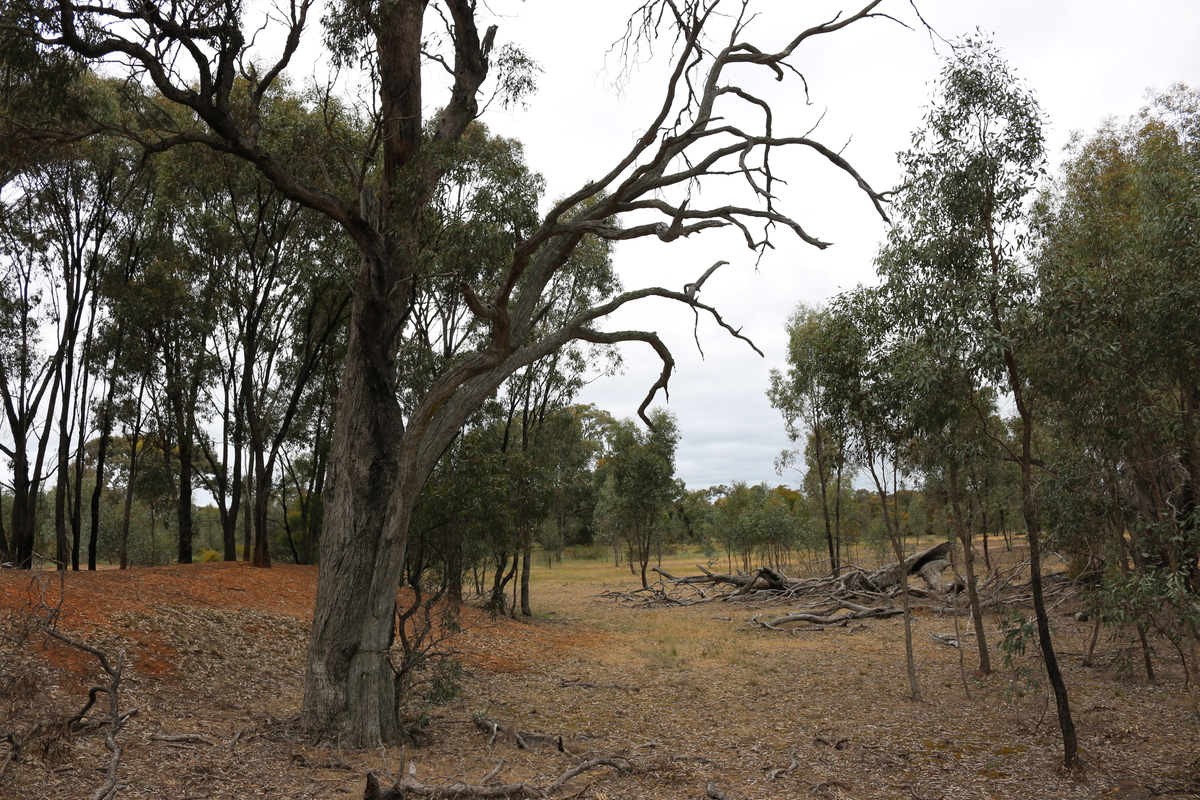Going plastic free should be part of every day life, so we can help protect the planet in any way that we as individuals can.
So, here are 4 hacks to reduce your plastic waste
1. Say goodbye to disposables and hello to reusables
Plastic provides convenience for just minutes, but its impacts can be felt for lifetimes.
Here’s a checklist of our must-have reusables to get you as close to plastic free as possible.
- Reusable straws like bamboo straws
- Masons jars and a good old kitchen mug are great for takeaway smoothies and coffees!
- Produce bags - can be used for fruit, vegetables or your staples
- Tote bag or reusable shopping bags - take these with you everywhere so you’re prepared for any impromptu purchases
- Reusable water bottle
- Beeswax or silicon ziplock bags to store leftovers
- Reusable cloth napkins
- Reusable utensil set - bamboo or just pack some from home!
2. Buy non-packaged foods
Avoiding plastic in supermarkets is challenging. Most fruit, vegetables and staples are wrapped in plastic. That's why shopping at bulk food stores or markets is a great alternative, where you can use your own bags, jars and tupperware.
At the supermarket, bag up your own beans, tomatoes and all the rest rather than grabbing the plastic packaged ones.
3. Switch up your personal care routine
Whether you realise it or not, many of your personal care items are not recyclable. They end up sitting in landfills for hundreds, if not thousands of years.
Try out a bamboo toothbrush, instead of a plastic toothbrush. Or, test a plastic-free period and use a reusable menstrual cup. Shampoo bars, soap bars and safety razors are all easy, affordable plastic-free swaps.
4. Meet your cleaning BFF, vinegar
It’s surprising the wonders white vinegar can do at home. From polishing your silverware to disinfecting kitchen surfaces to mopping your floors, it’s a natural power product for cleaning.
Tastes good on your chippies too!
Remind me… why is plastic so bad?
Plastic doesn’t disappear
It breaks down into smaller and smaller pieces, which are often consumed by our wildlife.
Plastic harms our environment
In Australia alone, it's estimated that 130,000 tonnes of plastic ends up in waterways and oceans each year. Our marine life is swallowing more plastic than ever before.
Plastic contributes to climate change
Plastic is made from fossil fuels. According to National Geographic, worldwide, only 9% of plastic is recycled. All the plastic that ends up burned or sent to our landfills releases methane gases, contributing to climate change.
You might not have realised has bad plastic truly is huh? So think about the simple changes to your daily habits and decisions you can take today to help make our planet a better place for our future generations.
This article was written in collaboration with our friends at theotherstraw.
.webp)







